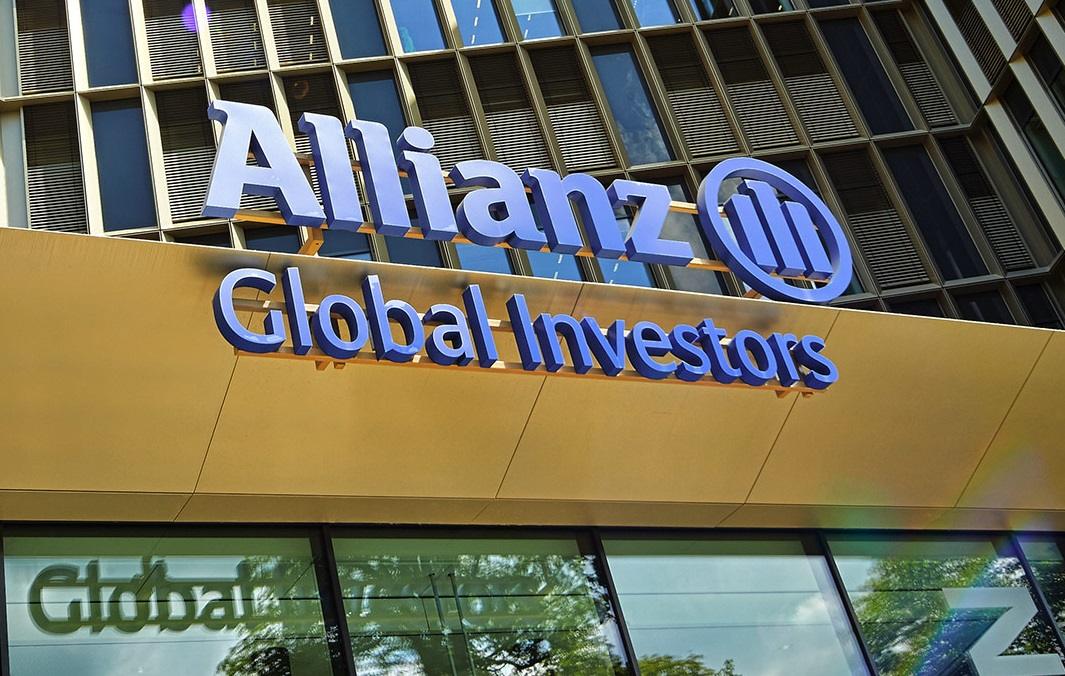Allianz Global Investors Raises €560 Million for Impact Private Credit Strategy
In a significant move towards sustainable finance, Allianz Global Investors (AllianzGI) has announced the successful first closing of its Impact Private Credit Strategy (IPC), raising a remarkable €560 million in total commitments. This amount represents more than half of the total sought for this innovative investment initiative, underscoring the growing interest in impact investing among institutional investors.
Institutional Backing from Leading European Investors
The IPC strategy has attracted investments from some of Europe’s most prominent institutional investors, including Allianz itself, APG Asset Management, and the European Investment Fund, which is supported by the European Union’s InvestEU initiative. Additionally, two funds sponsored by La France Mutualiste have also contributed to this significant fundraising effort. This diverse backing highlights the collective commitment of these institutions to support sustainable business practices and address pressing environmental and social challenges.
Focus on Small and Medium Enterprises (SMEs)
The primary objective of the IPC is to provide loans to small and medium enterprises (SMEs) based in Europe that are dedicated to offering solutions for critical environmental and social issues. Eligible SMEs include those that develop products or services aimed at creating measurable positive impacts in areas such as clean and efficient energy, resource efficiency, and sustainable food and agriculture. Furthermore, the IPC seeks to support businesses that enhance access to quality, affordable healthcare and education, thereby contributing to the broader societal good.
A Shift Towards Impact Investing
Matt Christensen, IPC’s Global Head of Sustainable and Impact Investing, emphasized the evolving landscape of investment strategies. He stated, “The move from ESG to sustainability to impact is the trend of this decade.” This shift reflects a growing recognition that impact investing is not just a niche area but a vital component of the private markets. Christensen noted that while private equity has historically been the focus of impact investing, there is now a significant transition towards private credit, which is gaining traction as investors seek to align their portfolios with social and environmental objectives.
Proprietary Impact Framework
The IPC strategy is built upon AllianzGI’s proprietary impact framework, which classifies the funds under Article 9 of the Sustainable Finance Disclosure Regulation (SFDR). This classification indicates that the funds are designed to achieve specific sustainability objectives, providing investors with a clear understanding of the impact their investments will have. The framework serves as a guiding principle for the investment process, ensuring that each loan made under the IPC strategy contributes to measurable positive outcomes.
A Collaborative Approach to Impact Investing
The IPC strategy is managed by a dedicated team located in London, Zurich, and Paris. This initiative is a collaborative effort between AllianzGI’s Development and Impact Credit team, led by Nadia Nikolova, and its Impact Strategy team, headed by Diane Mak. This partnership aims to strike a balance between achieving market-rate financial returns for investors and delivering a robust impact investing value proposition. By leveraging their combined expertise, the teams are well-positioned to navigate the complexities of the private credit market while prioritizing sustainability.
The Future of Impact Investing in Private Debt
Alexandra Tixier, Lead Portfolio Manager of IPC, highlighted the significance of the first closing of the Impact Private Credit strategy. She remarked, “This highlights our added value in the current European direct lending market offering, especially for first-time funds.” As impact investing through private debt continues to gain momentum, driven by regulatory changes and societal pressures to invest responsibly, it is becoming an essential trend in the investment landscape.
Investors are increasingly prioritizing transparency, engagement towards net-zero goals, and responsible investment practices. The IPC strategy positions itself at the forefront of this movement, offering a compelling opportunity for investors looking to make a positive difference while achieving financial returns.
Conclusion
Allianz Global Investors’ successful fundraising for its Impact Private Credit Strategy marks a pivotal moment in the evolution of impact investing. By focusing on SMEs that address critical environmental and social challenges, AllianzGI is not only contributing to a more sustainable future but also setting a precedent for other investors to follow. As the demand for responsible investment options continues to grow, initiatives like IPC will play a crucial role in shaping the future of private debt and sustainable finance.

